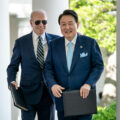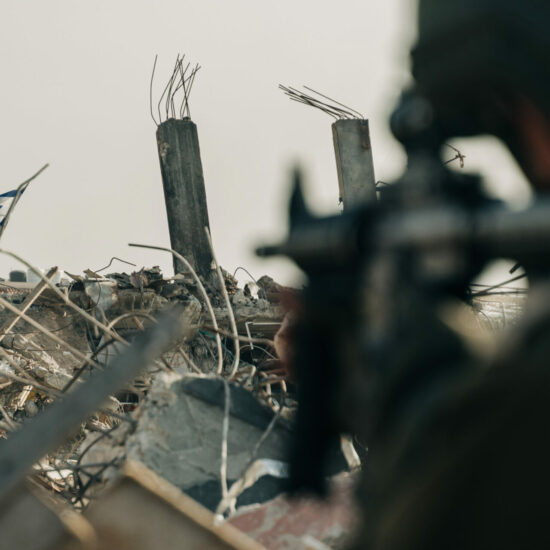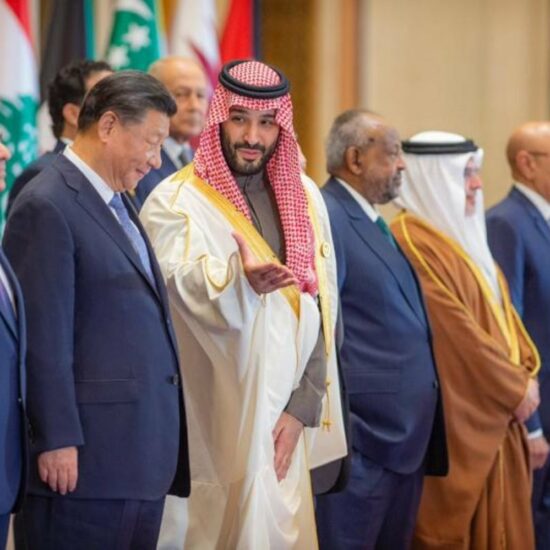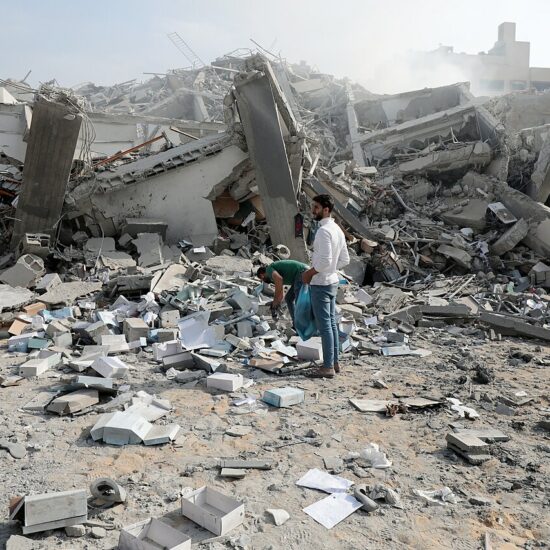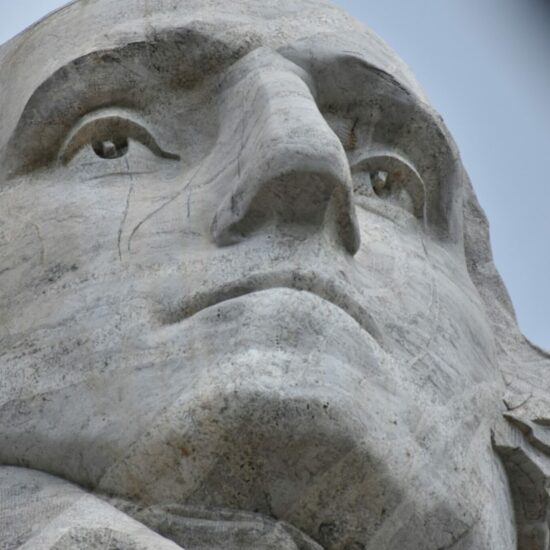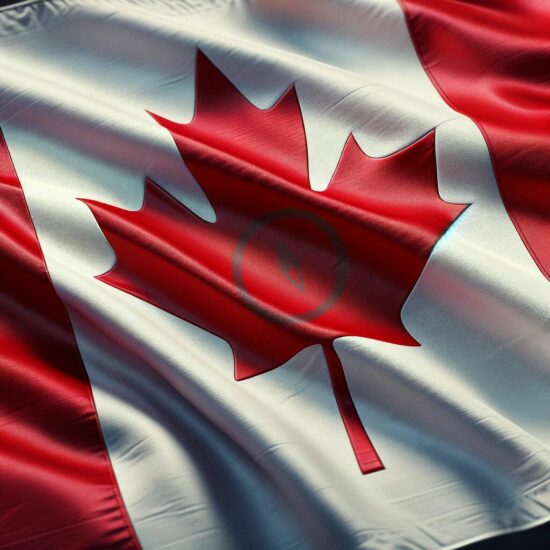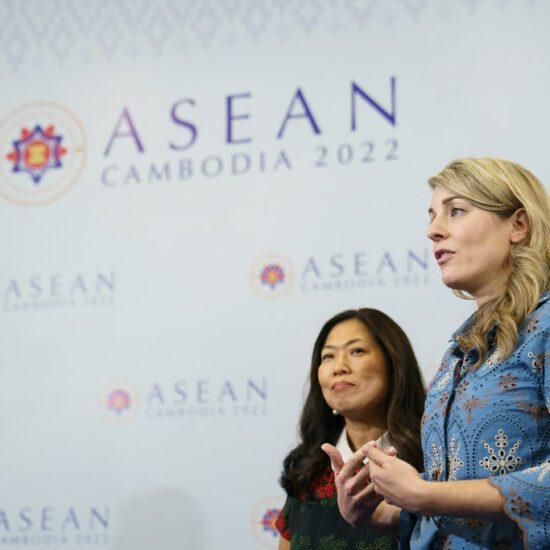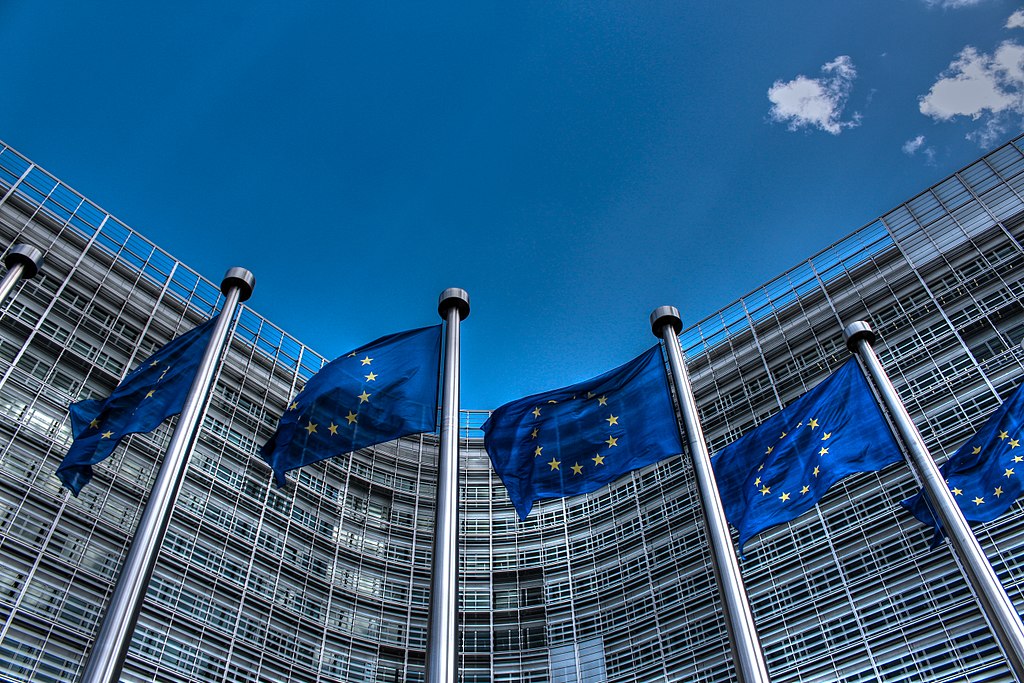
Image credit: Thijs ter Haar
By Mohsen Tavakol*
Since President Trump’s unilateral withdrawal from the Iran Nuclear Deal (JCPOA) and re-imposition of sanctions on Iran, the country’s international trade hit an iron wall due to lack of access to international banking and financial channels required for legitimate commercial activities. These limitations have not only paralyzed Iran’s capability to engage in international trade but it may gradually lead to the collapse of the JCPOA- given Iran’s recent announcement to suspend parts of its commitments to the nuclear deal as a reaction to the US revoking of sanctions waivers on its crude.
In an attempt to save the nuclear agreement, the EU/E3 – however late – explored alternative payment and financial solutions (also known as Special Purpose Vehicle) to circumvent the US sanctions and facilitate trade between European SMEs and Iran.
On January 31st 2019, France, Germany, and the UK jointly announced the establishment of a new financial and payment mechanism called Instrument in Support of Trade Exchanges (INSTEX). On paper, the INSTEX provides a credit mechanism, a barter arrangement, which matches outbound flow of purchases from Iran with inbound flow of purchases by Iran. Under the INSTEX, a government entity is appointed and entrusted by the EU that would be responsible for qualifying and book keeping of the trade with Iran. This would allow trade parties both in Iran and Europe to be paid without monetary transactions between their banks. It is noteworthy to mention that the use of this special payment mechanism will be merely limited to humanitarian trade such as food and medicine in its initial stage.
Despite the EU’s claim to practicality of the INSTEX, the technical and practical details of this payment vehicle remains to be at a stalemate with no single transaction taken place so far. It’s important to underline that the E3 states assert that the INSTEX is not only designed to facilitate legitimate trade with Iran but also to protect the EU’s economic sovereignty from the extraterritorial financial power of the US.
Apart from the politics of the INSTEX, the feasibility of this mechanism still remains unclear. Will the INSTEX ever be practically and successfully implemented so that the private sector would be able to engage in trade without the fear of US sanctions and penalties? Let’s take a look at a number of practical issues that will make INSTEX implementation an extremely complex task.
First and foremost, initially the main objective of the INSTEX was to assist Iranian and EU companies to continue trade without being exposed to US extraterritorial sanctions. This, however, was rapidly downgraded to a so-called Humanitarian SPV (H-SPV) that only enables “vital humanitarian trade” with Iran. According to the Office of Foreign Asset Control (OFAC), humanitarian trade includes “vital goods” namely food and medicine, which are technically not subjected to US sanctions. Thus, the announced limited scope of the SPV does not fulfill its initial purpose and it is not bringing much to the table given that the US at least on paper has already included exemptions for humanitarian trade with Iran.
Yet the Iranian private sector is still confused by what “vital goods” practically encompasses by the American standard. For Iranians, raw material to Iranian textile manufacturing companies, paint manufacturing factories, and cable manufacturing industries – to mention a few – are considered vital. They provide the Iranian market with required goods, services, and hence keep the businesses alive with thousands of jobs for ordinary Iranians.
Likewise, airplanes spare parts, computers and electronics, medical equipment, firefighting equipment, ambulances, and helicopters are “vital” as they have direct impacts on the lives of ordinary people.
Why should “vital trade” be only limited to food and medicine when other trades certainly and seriously affect the lives of millions of Iranians? The recent floods in Iran is a clear indication that the restrictions and sanctions against Iran’s trade directly harms Iranian people as their demand was obviously well beyond food and medicine. The truth of the matter is that INSTEX does not serve its primary purpose if it cannot facilitate lawful and legitimate trade with Iran.
Currently, the U.S policy of “maximum pressure” on Iran has created serious hurdles for Europeans to even engage in humanitarian trade with Iran. The US Treasury Department has threatened to target any companies that participate in the INSTEX, making foreign companies reluctant to participate in this financial mechanism.
In order for the INSTEX to comply with the US laws, the INSTEX must have close cooperation with the OFAC of the US Treasury Department when qualifying and whitelisting trading companies participating in the SPV setup. While this might seem to be a reasonable solution to address the compliance issue but it is a remarkably expensive and time-consuming procedure. It is almost impossible to have hundreds of companies enter into such a heavy due diligence process to be possibly granted licenses to start their planned business.
Furthermore, the INSTEX’s administration body would probably not have the capacity to do the complex, punitive and time-consuming “Know Your Customer” (KYC) compliance for these companies – especially for the Iranian business entities. Thus, the INSTEX most likely will have to outsource the work to European banks. Therefore, the INSTEX will not facilitate the process but slows it down instead. In fact, it brings everything back where it was. Also there is no guarantee that OFAC approves the KYC activities performed by the European banks under INSTEX’s umbrella. The U.S. Treasury Under Secretary Sigal Mandelker has recently said that it’s unlikely that INSTEX would meet the anti-money-laundering norms they are looking for. Therefore even with INSTEX, most companies will not take the risk. They either decide not to do business with Iran or may rather conduct business through alternative routes.
Assuming that INSTEX mechanism will somehow be implemented, there are still other fundamental challenges that have to be addressed. The first challenge is to manage trade value imbalance between the Iranian and EU companies. It is still unclear how the banks/governments plan to offset the funds that has been earned and accumulated in the process. Secondly, the INSTEX has not yet figured out a way to handle the requests from Iranian companies that demand receiving payments (credits) in foreign currencies like Euro. Last but not least, the INSTEX has not yet established a clear guideline that lays out specific procedures for companies to apply for Letter of Credit (LC) both inside and outside of Iran.
What is clear is that the EU-Iran trade is too big and too sophisticated to be covered by this impractical “barter system”. With many brilliant and experienced economists, legal and compliance counselors, and financial experts across Europe, it is hard to imagine – rather strange – that E3/EU have not yet been capable to launch the operation of INSTEX. Indeed, this raises a question as to whether INSTEX was ever a serious plan or it was more about offering political support to keep the Iranians in the nuclear deal while buying time until the next US elections in 2020 or until US and Iran return to negotiations.
Regardless, it shall be pointed out that resolving disagreements between Iran and the West cannot be forced through sanctions and isolation but rather through free trade and engagement. Historically, it has been proven that free and expanded trade eventually bring about positive changes in the relations between the countries that have differences. This was certainly the case with China and the US and it could well be the scenario for Iran-US relations as well.
* Mohsen Tavakol is an international business executive within telecommunications and IT industry, as well as an advisor on international trade compliance and business ethics. Among several international Managing Director positions within Ericsson where he served for 23 years, Mohsen also served as the CEO for Ericsson operations in Iran during 2014-2016 where his duties included business development, marketing and sales, customer relationship management, and delivery of related products and services with an annual sales of ~ €400 million. He has also advised on and contributed to foreign investments and trade engagements in Iran since 2017. Follow him on Twitter @Mohsen_Tavakol

